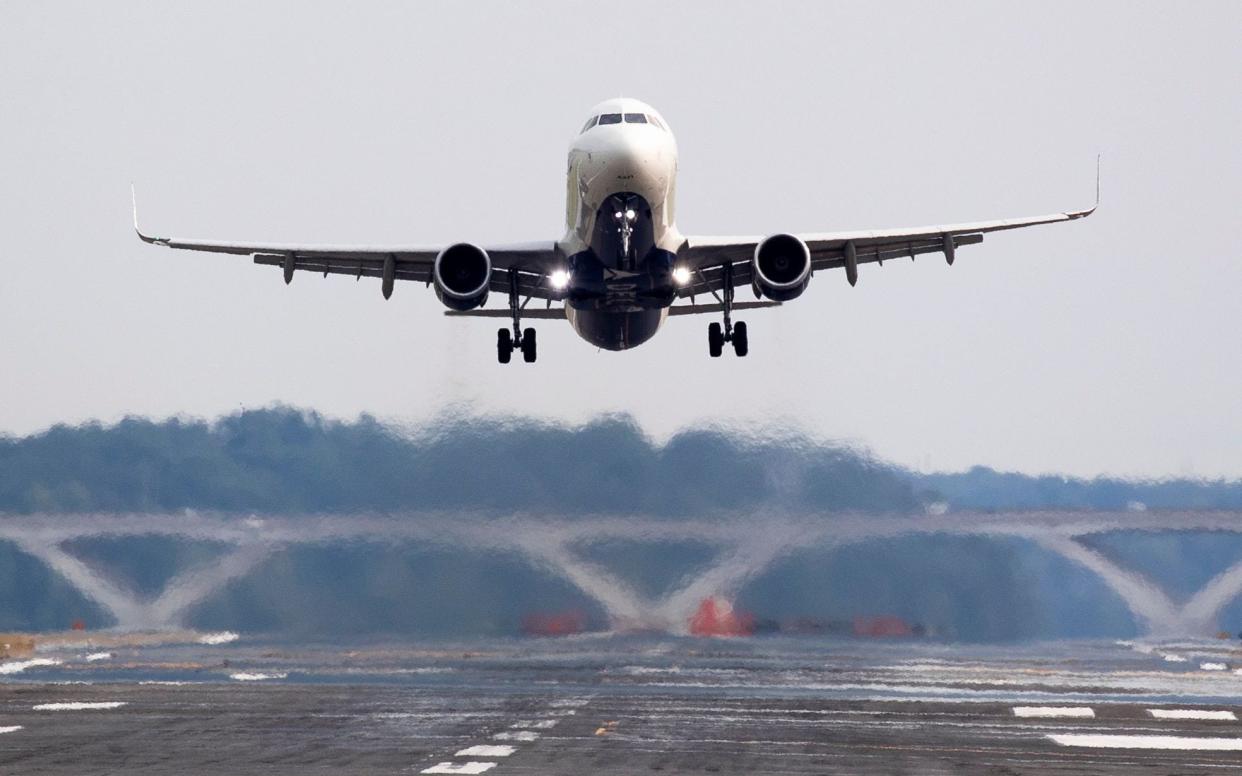Climate change researchers fly more than other academics

Climate change researchers fly more than their counterparts in other disciplines, says a new study, which suggests that it may undermine their credibility.
A survey of more than 1,400 university researchers found climate experts took about five flights a year compared to four among non-climate researchers before the coronavirus pandemic. Rates among climate scientists were higher even after taking into consideration the fact they conducted more fieldwork.
Flying tends to increase along with seniority among those in the field, with professors in particular flying more than others, according to the study led by Cardiff University.
Although pre-pandemic aviation only contributed just over 2 per cent of global emissions, it is predicted to count for a quarter by 2050, assuming levels bounce back.
“Our findings highlight that climate scientists, like many other professionals, can struggle to square their environmental commitments with competing professional and personal demands, and academia itself is not doing enough to change this culture,” said Professor Lorraine Whitmarsh, the director of the UK Centre for Climate and Social Transformation (CAST), which carried out the study.
“If Covid has taught us nothing, it's that we don't actually need to do as much travel as we once thought that we did," she added.
But the study also found that while many climate scientists were willing to fly less, and were more likely to offset their aviation emissions, it was often family or other commitments that was the deciding factor in choosing the quicker and more convenient travel method.
The study notes that climate scientists who lead by example by reducing their own carbon footprint are likely to have more impact on behavioural change.
Kevin Anderson, professor of energy and climate change at the University of Manchester and former director of the Tyndall Centre for Climate Change Research, said it made for “uncomfortable” reading.
“This paper must be a catalyst for rapid change,” he said. “We need to take a long hard look in the mirror, reflect on our research, and rapidly transition to an academia fit for the 21st Century. Perhaps then governments, businesses and wider civil society would take more note of our research and conclusions.”
Teen climate activist Greta Thunberg is among those to have shunned flying for her global advocacy, in favour of trains, and a yacht when travelling to New York last year.
Bob Ward, the policy and communications director at the Grantham Research Institute on Climate Change at LSE, said there were many reasons academics might want to reduce their flying, but cautioned that other long-distance options such as coal-powered trains could also have a significant impact.
He also warned about attempts to “force or shame climate researchers into flying less”, which he said “could be far more damaging if it reduces the quality and quantity of evidence and advice they provide to policy-makers about cutting greenhouse gas emissions.”


